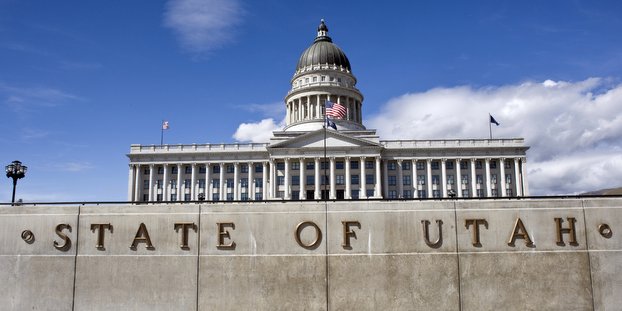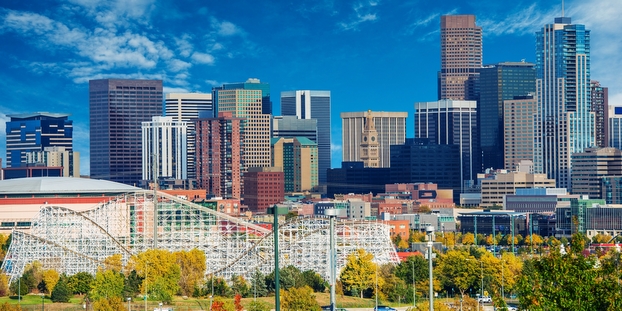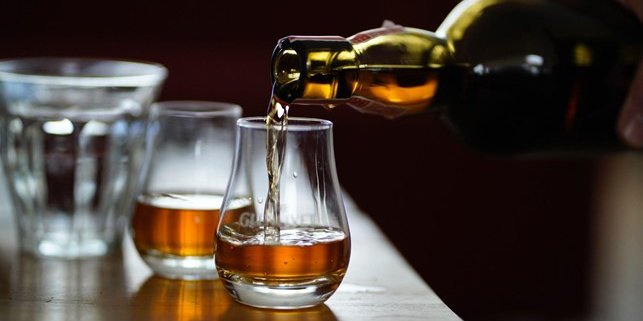
Utah is home to some great craft breweries, like Epic, Uinta and Wasatch to name a few, but its beer industry is probably most known for the regulations that don’t allow a beer higher than 3.2 ABV to be sold at retail — a number so low that even Big Bland has to water its swill down even more to limbo under the line. Well, Utah wasn’t alone in selling 3.2 ABV beers — Oklahoma, Kansas and Colorado all have/had similar retail stipulations.
But those other states are looking to roll those old timey regulations back and allow for some real beer to sit on a grocery story shelf. There isn’t really a movement for a similar laxing of rules in Utah, but many believe the writing is on the wall. If Utah is the last state remaining for 3.2 ABV beer demand, will Big Bland continue to brew special batches just to sell there?
This Fox 13 article indicates that legislators are rubbing their chins thoughtfully while ruminating on the implications.
Now, lawmakers must take a sober look at what happens if there’s a “beer-pocalypse.” If major beer makers like Anheuser-Busch stop making it for larger states that consume 3.2 beer, what happens to Utah?
“Let’s just say they’re going to quit producing anything 3.2,” Sen. Jerry Stevenson, R-Layton, asked.
“If the decision is absolute, that entire market goes to the DABC,” Petilos replied, adding the DABC cannot handle it.
With our hop-colored glasses, we always see these types of regulatory rollbacks as a good thing for craft beer producers and drinkers, but as we saw in Colorado, not all craft brewers feel that way. And maybe they have a point. We quote ourselves:
Craft brewers argue that additional convenience does not mean additional choice, and in fact, could mean the exact opposite. Grocery stores do add a layer of complexity and politics to the distribution process. Grocery store companies often make decisions of what to stock for entire cities or regions, not individual stores. To contend for shelf space in chain grocery stores, sellers might have to drive or fly to a store’s headquarters, which might not even be in Colorado. That would cost considerably more money. Plus, breweries often rely on a liquor store’s knowledge of the market to sell their beer. That nice old lady at Wal-Mart probably doesn’t have that knowledge, which doesn’t even matter because Wal-Mart has probably never heard of your beer.
Anyway, this is all speculation at this point, but a reason to watch what Utah does going forward (after Gordon Hayward leaves the Jazz, at least).





Leave a Reply
You must be logged in to post a comment.